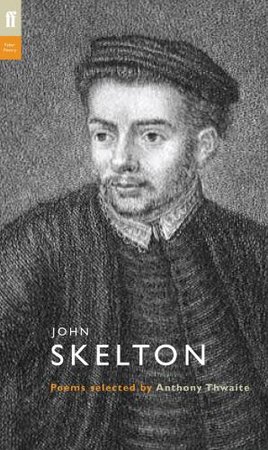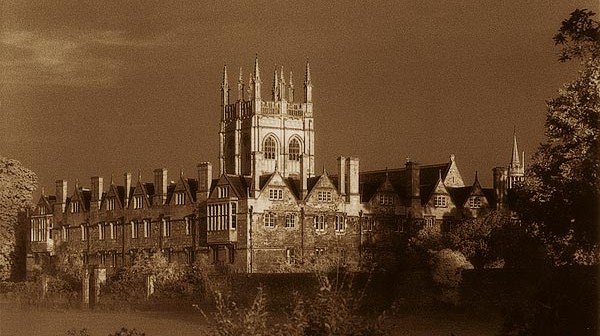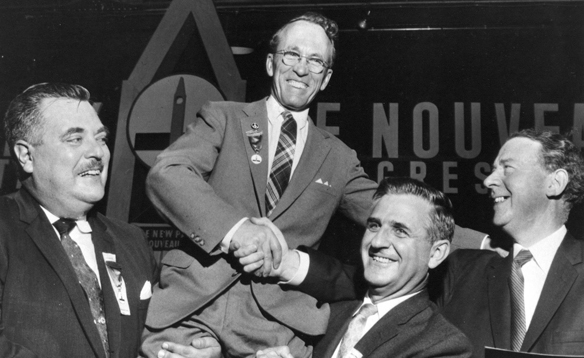httpv://www.youtube.com/watch?v=XjiwBwBL4Qo
Classified, “Oh . . . Canada”
On this date in 1880 “O Canada” was first performed, ironically enough, at a Saint-Jean-Baptiste Day ceremony in Quebec.
Frye on his famous “garrison mentality” formulation of the Canadian character:
A garrison is a closely knit and beleaguered society, and its moral and social values are unquestionable. In a perilous enterprise one does not discuss causes or motives: one is either a fighter or a deserter. Here again we may turn to Pratt, with his infallible instinct for what is central in the Canadian imagination. The societies in Pratt’s poems are always tense and tight groups engaged in war, rescue, martyrdom, or crisis, and the moral values expressed are simply those of that group. In such a society the terror is not for the common enemy, even when the enemy is or seems victorious, as in the extermination of the Jesuit missionaries or the crew of Franklin…. The real terror comes with individual feels himself becoming an individual, pulling away from the group, losing the sense of driving power that the group gives him, aware of a conflict within himself far subtler than the struggle of morality against evil. It is much easier to multiply garrisons, and when that happens, something anticultural comes into Canadian life, a dominating herd-mind in which nothing original can grow. The intensity of the sectarian divisiveness of Canadian towns, both religious and political, is an example: what such groups represent, of course, vis-a-vis on another is “two solitudes,” the death of communication and dialogue. Separatism, whether English or French, is culturally the most sterile of creeds. (“Conclusion to the First Edition of Literary History of Canada, CW 12, 351)


